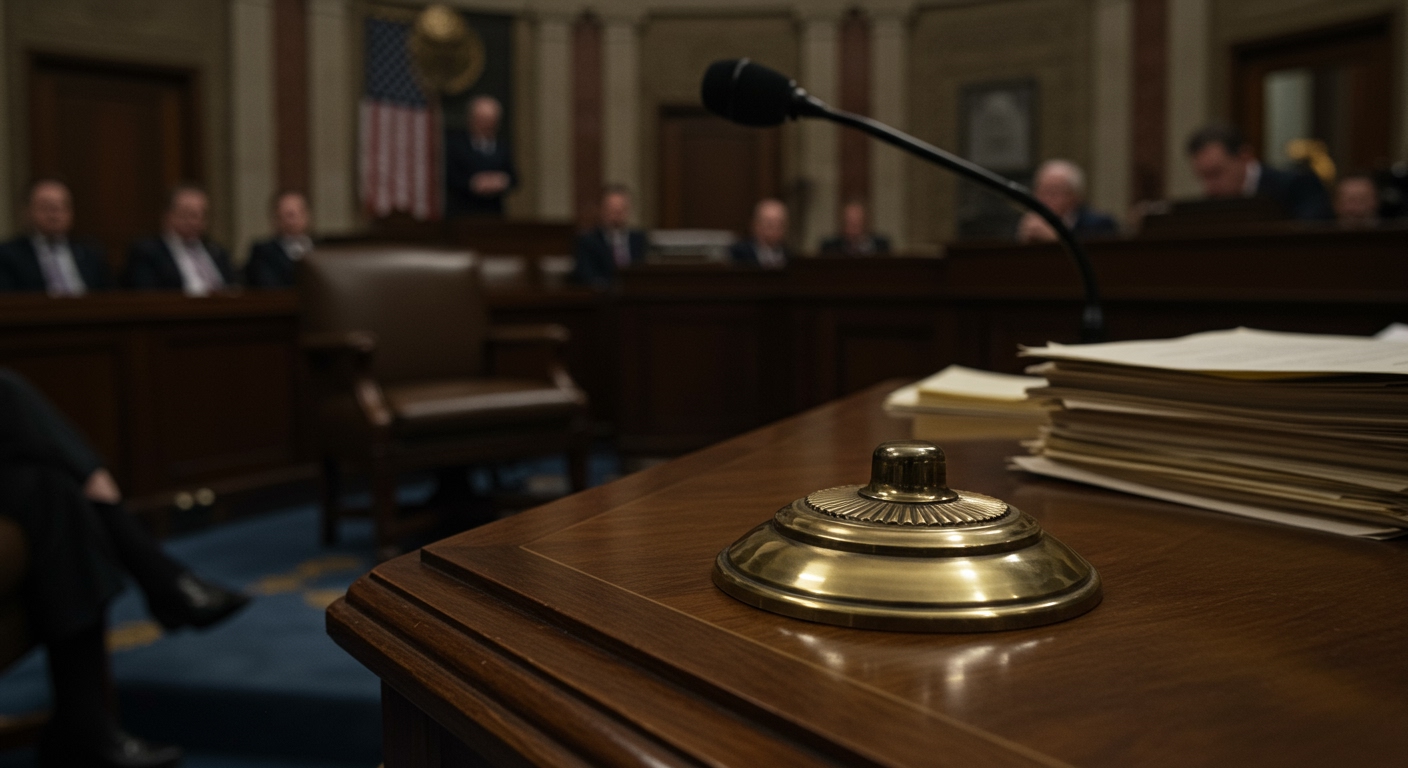In a significant development that has sent ripples through the legal and political landscapes, a New York appeals court has drastically altered the outcome of the civil fraud case against President Donald Trump and his business empire. The Appellate Division, First Department, on Thursday, August 21, 2025, threw out the massive financial penalty, which, with interest, had swelled to over half a billion dollars, initially imposed by a lower court. While this ruling offers substantial financial relief to the former president, it concurrently upheld the core finding that Trump and his associates engaged in fraud and maintained significant restrictions on their ability to conduct business in New York. This current development represents a complex and evolving chapter in Trump’s ongoing legal challenges.
The Appeals Court’s Decisive Ruling
A five-judge panel delivered a sharply divided decision, with a majority agreeing that the financial penalty of approximately $515 million, originally set at $355 million plus accumulating interest, was “excessive” and violated the Eighth Amendment of the United States Constitution, which prohibits unduly harsh or excessive fines. Judges Dianne T. Renwick and Peter H. Moulton were cited among those who explicitly stated this constitutional concern, arguing that the disgorgement amount was disproportionate to any harm incurred by the state. The court’s lengthy ruling, spanning over 300 pages, featured multiple opinions rather than a unified majority, reflecting the intricate legal issues at stake.
Crucially, despite overturning the monetary judgment, the appeals court largely affirmed the lower court’s determination that Donald Trump, his sons Donald Trump Jr. and Eric Trump, and other executives within the Trump Organization, were liable for a pattern of financial fraud. This included allegations of consistently inflating asset values to secure more favorable loan terms and insurance benefits. This partial affirmation means the finding of deceptive practices remains on the record against the former president and his company.
Furthermore, the appellate panel upheld the injunctive relief previously ordered by trial Judge Arthur Engoron. These measures include bans on Donald Trump serving as an officer or director of any New York corporation for three years, and similar two-year bans for his sons, Donald Trump Jr. and Eric Trump. These corporate leadership restrictions, which had been paused during the appeal process, are now set to take effect, limiting their direct involvement in New York business operations. Former Trump Organization CFO Allen Weisselberg and controller Jeffrey McConney were also implicated in the fraud finding, with specific penalties and bans.
Background of the Civil Fraud Allegations
The civil fraud lawsuit, initiated by New York Attorney General Letitia James in 2022, stemmed from an extensive investigation into the Trump Organization’s financial practices that began in 2019. The lawsuit alleged that over a decade, Trump and his company systematically inflated the value of various properties and his personal net worth on financial statements. These statements were then provided to banks and insurers, allegedly to gain advantages such as better interest rates and more favorable policy terms.
In February 2024, New York Supreme Court Justice Arthur Engoron, after a bench trial that ran from October 2023 to January 2024, issued a sweeping judgment. Judge Engoron found the defendants liable for widespread fraud and ordered the substantial financial penalty. He expressed significant frustration over what he described as a “complete lack of contrition and remorse” from the defendants. Trump had previously posted a $175 million bond to halt the collection of the judgment while the appeal was underway.
Immediate Impact and Future Legal Battles
The appeals court’s decision provides immediate and significant financial relief for Donald Trump, effectively eliminating the half-billion-dollar liability that had accumulated. Forbes, for instance, estimated a substantial increase in Trump’s net worth following the ruling. Trump himself quickly declared “TOTAL VICTORY” on his social media platform, Truth Social, denouncing the original case as a “Political Witch Hunt” and “Election Interference.” This trending news instantly became a focal point for his supporters, who view it as vindication.
However, the legal saga is far from over. Attorney General Letitia James swiftly announced her intention to appeal the decision to the New York Court of Appeals, the state’s highest court. James emphasized that the appellate court still affirmed the core finding of fraud and upheld the crucial injunctive relief, reiterating her commitment to protecting New Yorkers. The legal teams for Trump and his co-defendants also have avenues for further appeals regarding the fraud finding itself. This sets the stage for additional high-stakes legal proceedings.
This civil fraud case is just one component of a broader array of legal challenges confronting Donald Trump. His legal battles also include the E. Jean Carroll defamation cases, for which he faces significant judgments currently under appeal, and his criminal hush-money conviction, which he is also appealing. These ongoing legal entanglements continue to shape his public image and political trajectory.
Conclusion
The New York appeals court ruling on Donald Trump’s civil fraud penalty marks a pivotal and complex juncture. While the monumental financial penalty has been cast aside as unconstitutional, the underlying finding of fraud stands, along with significant business prohibitions. This outcome represents neither a complete exoneration for Trump nor a full victory for Attorney General James, instead highlighting the nuanced and often contentious nature of high-profile legal proceedings. As both sides prepare for potential further appeals, this news story will undoubtedly remain a central point of discussion, underscoring the enduring legal scrutiny facing the former president.















